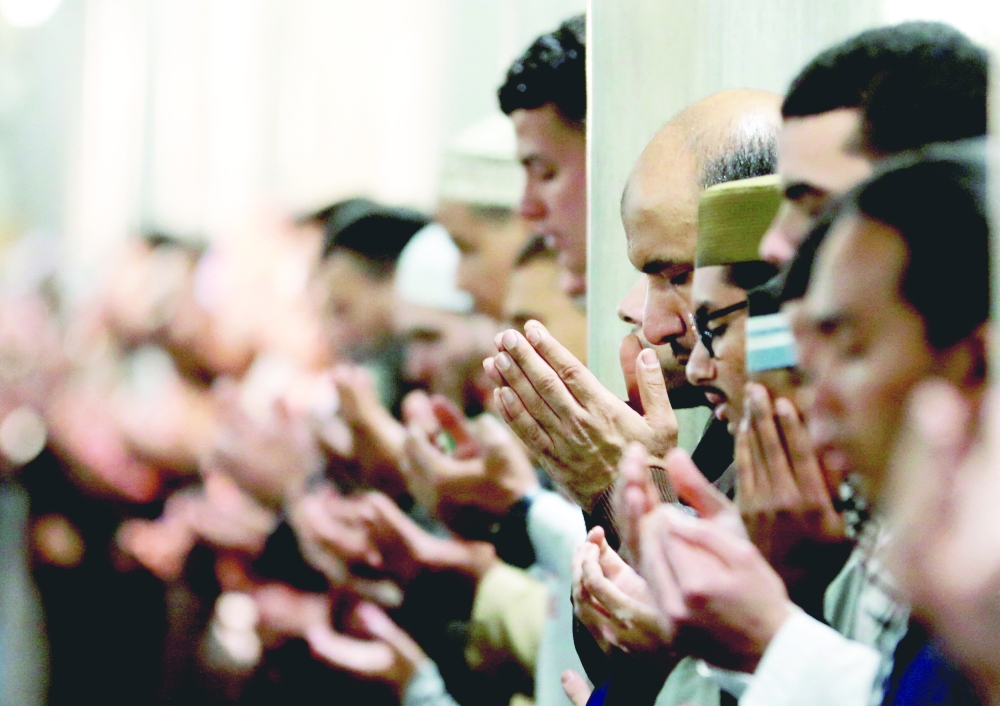

Have you heard about the triangle of success in Ramadan? We just concluded the first week of Ramadan of the year 2024, but it is not too late to set goals and achieve them.
This is where the triangle of success could aid and provide a constant guideline. On many occasions, we fall into the traps of trends and habits, tending to follow the patterns set by others and forgetting the purpose of the Holy Month.
Hatim Harith Al Abdissalaam, a Life Coach and member of the Islamic Information Centre, explains that the triangle of success consists of three main elements: planning, sleeping, and nourishment.
Planning involves setting goals for Ramadan, determining what activities and habits to engage in, and identifying habits to eliminate. Sleeping refers to the importance of getting sufficient rest during Ramadan, managing sleep schedules effectively to ensure productivity throughout the day. Nourishment entails consuming food that not only satisfies hunger but also meets the body's nutritional needs, providing the energy required to maintain spiritual and physical well-being during the fasting period. By incorporating these three elements into daily practice, individuals aim to optimize their Ramadan experience and achieve success in spiritual growth and personal development.

"With these three factors, we are able to regulate your Ramadan to make it successful. So, we start planning on what activism you want to partake in Ramadan, what habits you want to gain, and what habits you want to get rid of," said Hatim.
He emphasized the importance of sleep, quoting the Arabic saying, "alnawm sultan," which means sleeping is the sultan as it controls activity. "So, if you sleep well by planning when you will go to sleep and when you will wake up, your entire day becomes productive," pointed out the life coach.
The third factor , nourishment, is attained from food. It is not just about overcoming hunger but also about maintaining and meeting the body's needs. When it comes to food, he stressed that one cannot simply dump anything into their body because biology and chemistry cannot be tricked. According to him, even if one is trying to be productive and positive, the quality of what goes into their body matters.
"One can feel fatigued, tired, and lazy and just cannot be productive. The whole idea of Ramadan is to be at the highest level of spirituality, and for that, you need energy. So, without proper planning, a proper diet, and rest, one cannot be at the best level of spirituality," Hatim shared.
One essential lesson that Ramadan teaches, which applies to leading a good life in general, is self-discipline. Ramadan requires individuals to exercise self-control over their desires, particularly through fasting from dawn until sunset, refraining from negative behaviors, and engaging in acts of worship and charity.
This practice of self-discipline cultivates patience, resilience, and willpower, which are valuable traits for navigating life's challenges and pursuing long-term goals. Additionally, Ramadan fosters empathy and compassion as individuals experience hunger and deprivation, deepening their understanding of the struggles faced by others and motivating them to contribute to the welfare of their communities. Overall, the lesson of self-discipline learned from Ramadan serves as a foundation for leading a fulfilling and virtuous life characterized by balance, integrity, and service to others.
Oman Observer is now on the WhatsApp channel. Click here



